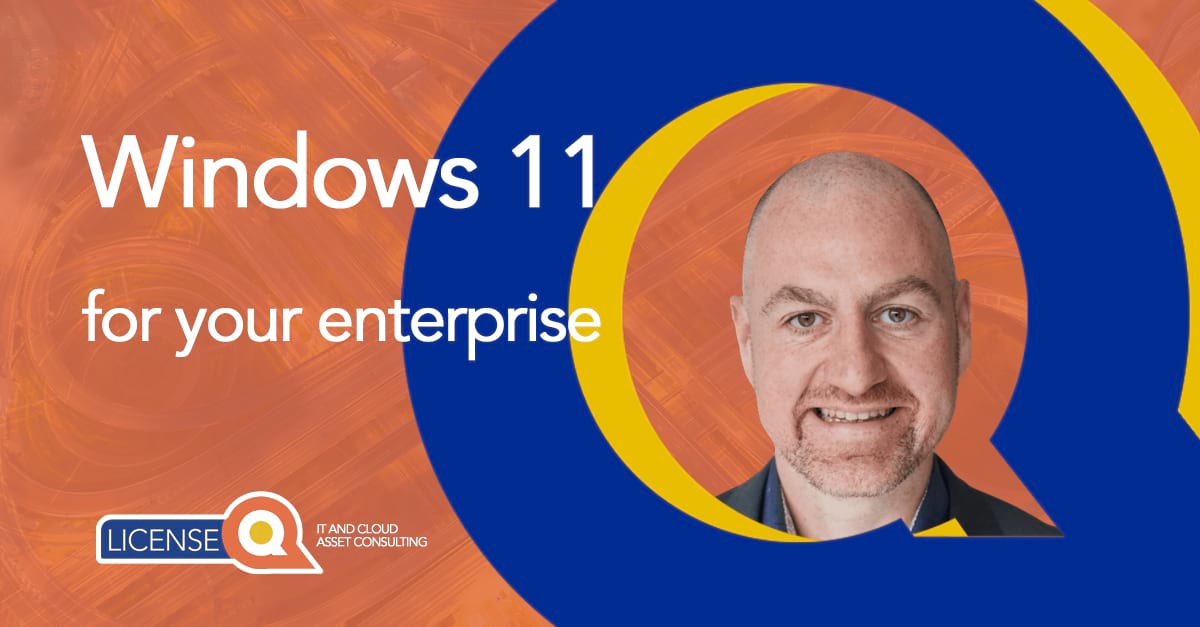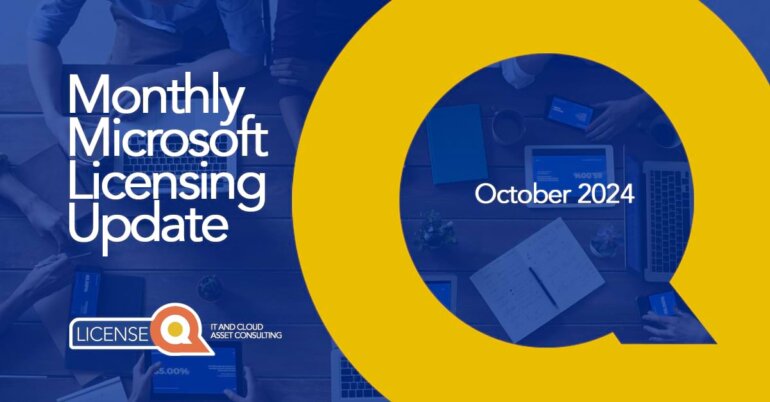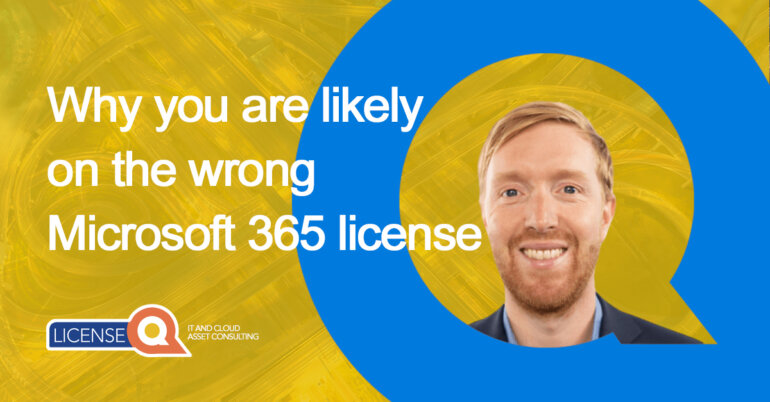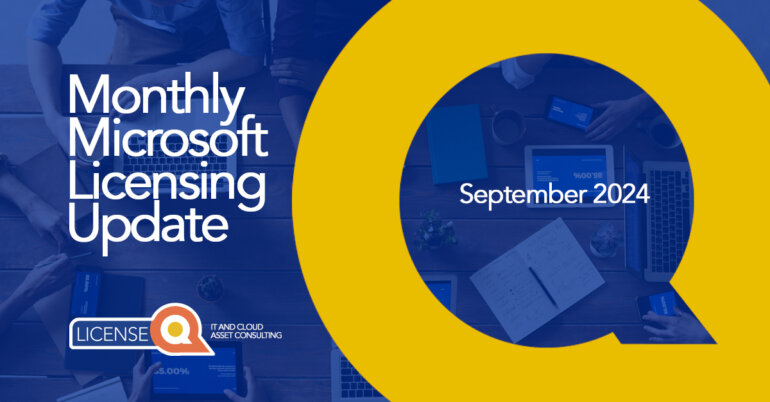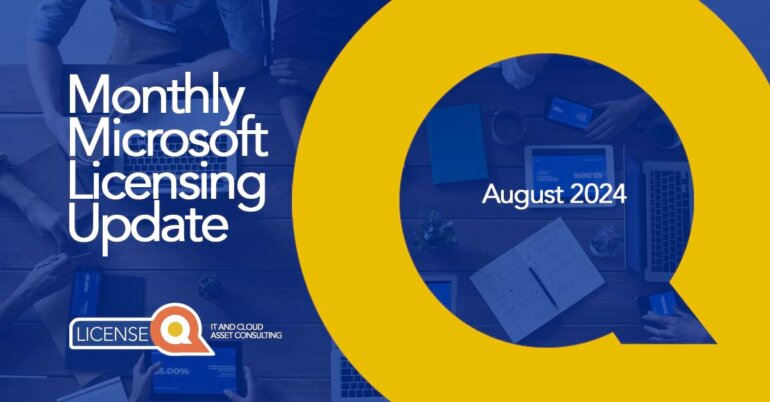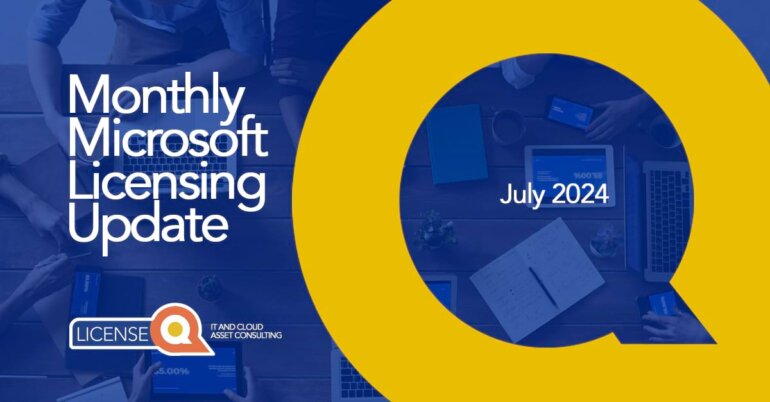Windows 11 for your enterprise - a guide
1. Windows desktop offerings in Commercial Licensing
This is a list of all the Windows offerings available for purchase through Microsoft Commercial Licensing, including Windows 11 and Windows 10.
1. W11 Pro Upgrade
Upgrades a device from a previous version of Windows Pro. A good choice for organizations that support CYOD programs and “prosumer” customers. Designed for small and medium businesses.
2. W11 Enterprise E3
A per-user subscription with cloud-powered capabilities and subscription use rights. Intended for medium and large businesses.
3. W11 Enterprise E5
Another per-user subscription with everything in Windows 11 Enterprise E3 plus Microsoft Defender for Endpoint Plan 2. This is a service that helps you detect, investigate and respond to advanced cybersecurity attacks on your endpoint and networks.
4. Windows 10 Enterprise LTSC
Per-user or per-device subscription with security and critical bug fixes for specialized devices. Designed for PC systems with strict change-management policies.
5. Windows Virtual Desktop Access (VDA) Subscription License
Per-device or per-user subscription for accessing virtual Windows desktop environments from devices not covered by a Commercial Licensing offer that includes VDA rights.
For more detailed information on each of these offerings, visit the Microsoft Windows 11 page.

2. Windows 11 Pro Upgrade License
W11 Pro is the ideal choice for small and medium businesses, as it provides a wide range of features and capabilities that are essential for running a successful business.
Benefits of the Windows 11 Pro Upgrade license
The benefits of the W11 Pro Upgrade license are the following:
- Enhanced security: W11 Pro includes a variety of security features to help protect your business data from cyber threats. These features include BitLocker, Windows Defender System Guard and Secure Boot.
- Improved manageability: W11 Pro makes it easy to manage your devices and apps, even if you have a large workforce. You can use Group Policy to deploy and configure settings for all of your devices, and you can use Microsoft Intune to manage your devices remotely.
- Increased productivity: W11 Pro includes a number of features that can help your employees be more productive. For example, you can use Assigned Access to restrict users to specific apps, and you can use Virtual Desktops to create different workspaces for different tasks.
- Cloud integration: W11 Pro integrates seamlessly with Microsoft 365 and other cloud-based services. This means that your employees can easily access the files and apps they need, no matter where they are.
The Windows 11 Pro Upgrade license is recommended if you want to:
- Upgrade a Windows 10 Pro PC to Windows 11 Pro.
- Upgrade Windows 7/8/8.1 Pro devices to Windows 10 Pro.
- Gain access to the advanced features and capabilities of Windows 11 Pro, such as BitLocker, Group Policy and Assigned Access.
Here are some additional benefits of upgrading to Windows 11 Pro:
Windows Sandbox: Windows Sandbox is a lightweight virtualization environment that allows you to test new software or run untrusted apps without affecting your operating system.
Bitlocker to Go: Bitlocker is a Windows disk encryption feature, designed to protect data by providing encryption for entire volumes.
Remote Desktop: Remote Desktop allows you to connect to and control a remote computer. This is useful for working from home or for providing technical support to other users.
Domain Join: Domain Join allows you to join your computer to a Windows domain. This gives you access to domain resources, such as shared files and printers.
For the full list, please check resources like this one here.
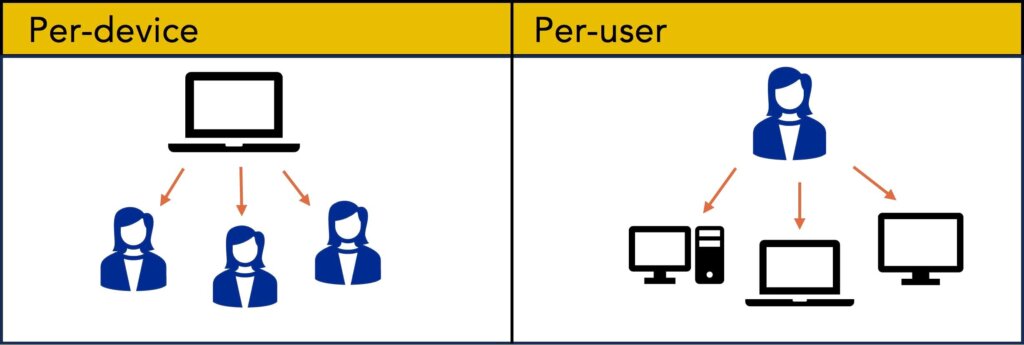
3. Windows 11 Enterprise – a deep dive
1. What is Windows 11 Enterprise?
W11 Enterprise is the most powerful and feature-rich version of Windows 11, designed for large organizations and businesses. It offers a wide range of features and benefits, including:
- Advanced security features, such as Device Guard and Secure Boot
- Comprehensive device and app management
- Support for virtualization and cloud computing
- Access to advanced support options from Microsoft
If you want to know more about all the functionality offered in Windows 11 Enterprise, you can find a good overview here.
2. How does the licensing operating system work?
If you’re considering upgrading your enterprise to Windows 11, you’ll need to license the operating system. There are two main ways to do this:
- Per-device licensing: This is the most common way to license W11 Enterprise for businesses of all sizes. You purchase a license for each device that will be running the operating system.
- Per-user licensing: This type of licensing is typically used by larger organizations with complex IT environments. You purchase a license for each user who will be accessing W11 Enterprise, regardless of how many devices they use.
In addition to these two main licensing options, there are also a number of other factors to consider when choosing a W11 Enterprise licensing solution, such as the size of your organization, your IT budget and your specific needs.
To help you choose the right licensing solution for your enterprise, here’s a more detailed overview of the different options available:
> Per-device licensing
Per-device licensing is the simplest and most straightforward way to license Windows 11 Enterprise. You simply purchase a license for each device that will be running the operating system. This type of licensing is typically the most cost-effective option for small and medium-sized businesses.
To purchase per-device licenses for Windows 11 Enterprise, you can contact a Microsoft reseller or purchase directly from Microsoft. Once you’ve purchased your licenses, you’ll receive a product key for each device. You can then use this product key to activate Windows 11 Enterprise on each device.
> Per-user licensing
Per-user licensing is typically used by larger organizations with complex IT environments, or by organizations standardizing their Microsoft cloud services who want to align this with their other per-user licenses. With per-user licensing, you purchase a license for each user who will be accessing Windows 11 Enterprise, regardless of how many devices they use. You can use W11 Enterprise on five devices simultaneously, with an additional five installs on mobile devices. This type of licensing can be more cost-effective for large organizations with users who access W11 Enterprise from multiple devices.
To purchase per-user licenses for Windows 11 Enterprise, you need to contact a Microsoft reseller or purchase directly from Microsoft. After purchasing your licenses, you receive a user ID and password for each user. Users can then use this information to sign into W11 Enterprise on any device.

3. What is a qualifying license?
Remember: Both the device and user licenses are upgrade licenses! This means you need an underlying qualifying license. Please see the table above to understand what this means.
You will need to have one of the above installations on your device in order for you to be able to install Windows 11 Enterprise. Usually, in large organizations, the qualifying license comes installed on an OEM device from a hardware reseller, or these will have been bought through a full packaged product for smaller organizations and individuals.
4. Other licensing options
In addition to per-device and per-user licensing, there are a number of other licensing options available for Windows 11 Enterprise. These include:
- Windows 365 license: The Windows 365 Cloud PC is a way to license W11 Enterprise for devices that are hosted in the cloud. This type of license is typically used by organizations that use Microsoft Azure.
- Azure Virtual Desktop: To understand Azure Virtual Desktop, it is best to reference this page. This is basically a Microsoft solution to host your own virtual desktops within Azure.
- Windows 11 Enterprise E5: The Operating System is basically the full product of W11 Enterprise E5 but includes the Defender for Endpoint plan 2 product on top of this (see M365 maps link above for further insights).
- Windows 11 Virtual Desktop Access (VDA) license: Windows VDA is a device or user-based licensing mechanism for managing access to virtual desktops. This is not to be confused with Windows 365, as this is solely a licensing motion for a Virtual Desktop Infrastructure that you host yourself (either on your own premises or through a hosting provider).
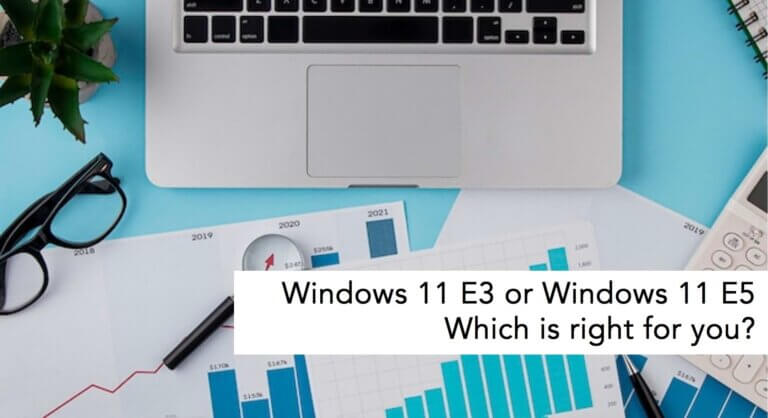
4. How to choose the right Windows 11 licensing option?
There are three main Windows 11 licensing options for users:
- Windows 11 Enterprise per User (E3 and E5): Designed for users who are the primary users of a device licensed for Windows 10/11 Pro or Enterprise, and whose device is their primary work device.
- Windows VDA per User: This option is for users who are either not the primary users of a device licensed for Windows 10/11 Pro or Enterprise, or whose device licensed for Windows 10/11 Pro, Enterprise, or Education is not their primary work device.
- Windows 11 Enterprise per User Add-on: Meant for users who are the primary users of a device with active Windows 10/11 Enterprise coverage or Windows VDA coverage.
Which option is right for your organization?
The below flow chart can help you make the right choice for your organization in terms of a W11 per user option.
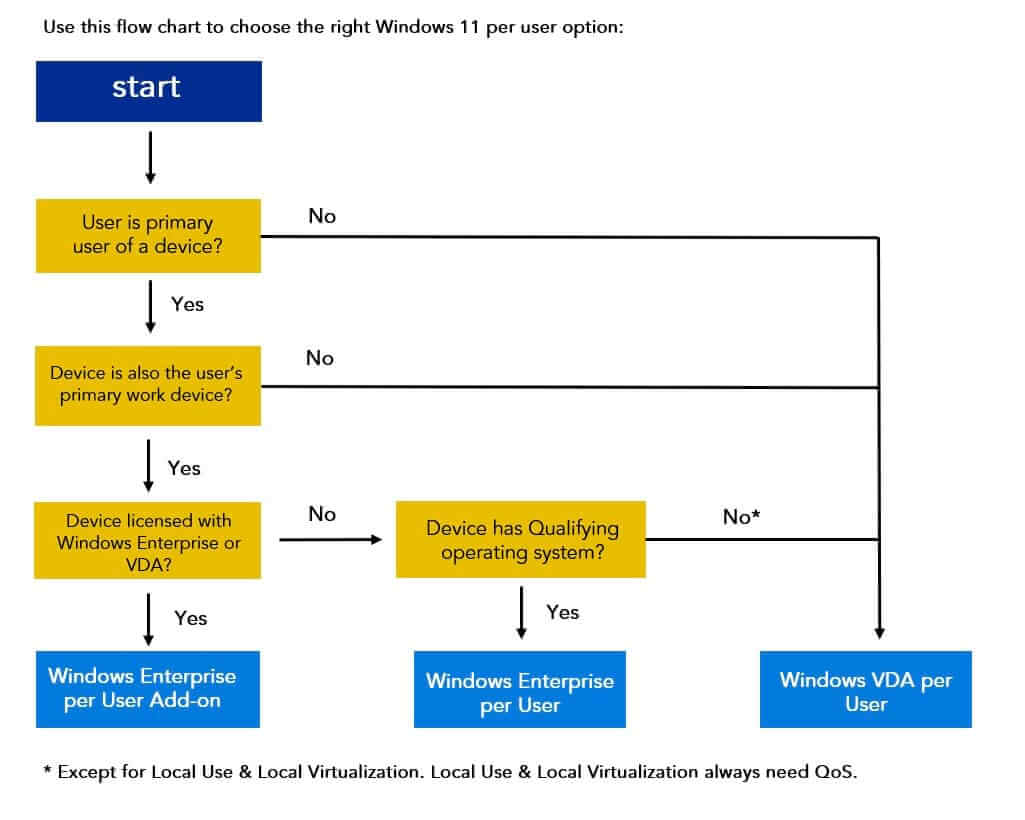
Here is a table to help you choose the right Windows 11 licensing option for your users:
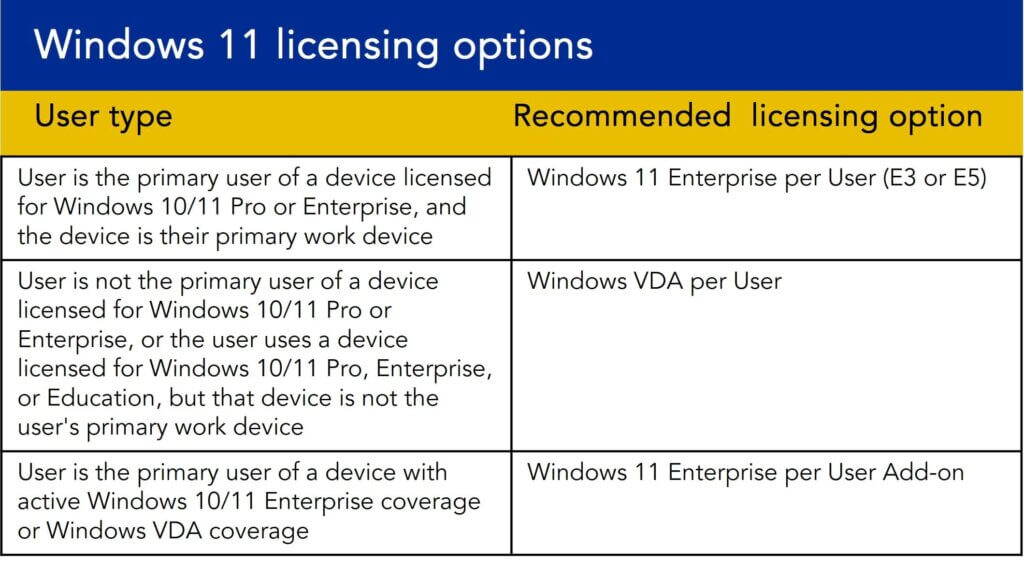
Note: Windows VDA per User is the least restrictive option, as it does not require the user to be the primary user of a device licensed for Windows 10/11 Pro or Enterprise.
An example:
You have a user who is the primary user of a laptop that is licensed for Windows 10/11 Pro, and the laptop is their primary work device, then you would license them with W11 Enterprise per User (E3 or E5).
However, let’s say you have a user who is not the primary user of a device licensed for Windows 10/11 Pro or Enterprise, but who does need to access Windows Enterprise from a device that is licensed for Windows 10/11 Pro, Enterprise or Education. They then need a license with Windows VDA per User.
Finally, your user is the primary user of a device that is licensed for Windows 10/11 Enterprise, but you want to give them access to Windows 11 Enterprise on a different device. You then need to license them with W11 Enterprise per User Add-on.
Choose the right solution for your enterprise
The best way to choose the right licensing solution for your enterprise is to consider your specific needs and requirements. Here are a few last things to keep in mind:
- Size of your organization: The size of your organization is a major factor to consider when choosing a licensing solution. If you have a small business, with a limited number of devices and users, per-device licensing is typically the most cost-effective option. If you are a large organization with complex IT needs and the option to work on multiple devices, you may want to consider per-user licensing or one of the other licensing options available.
- IT budget: Your IT budget is another important factor to consider. Per-device licensing is typically the most affordable option, but it can be more expensive for large organizations with a large number of devices. Per-user licensing can be more cost-effective for large organizations, but it can be more expensive for small businesses with a small number of devices.
- Specific needs: When choosing a licensing solution, you should also consider your specific needs. For example, if you need to support a large number of devices that are hosted in the cloud, you may want to consider cloud licensing. Or you may need to investigate if you have the right qualifying licenses or if you have certain requirements regarding virtualization.
If you’re not sure which licensing solution is right for your enterprise, you can always reach out to one of our licensing experts at info@licenseq.com or visit our Services page on the website to find out how we can help!

